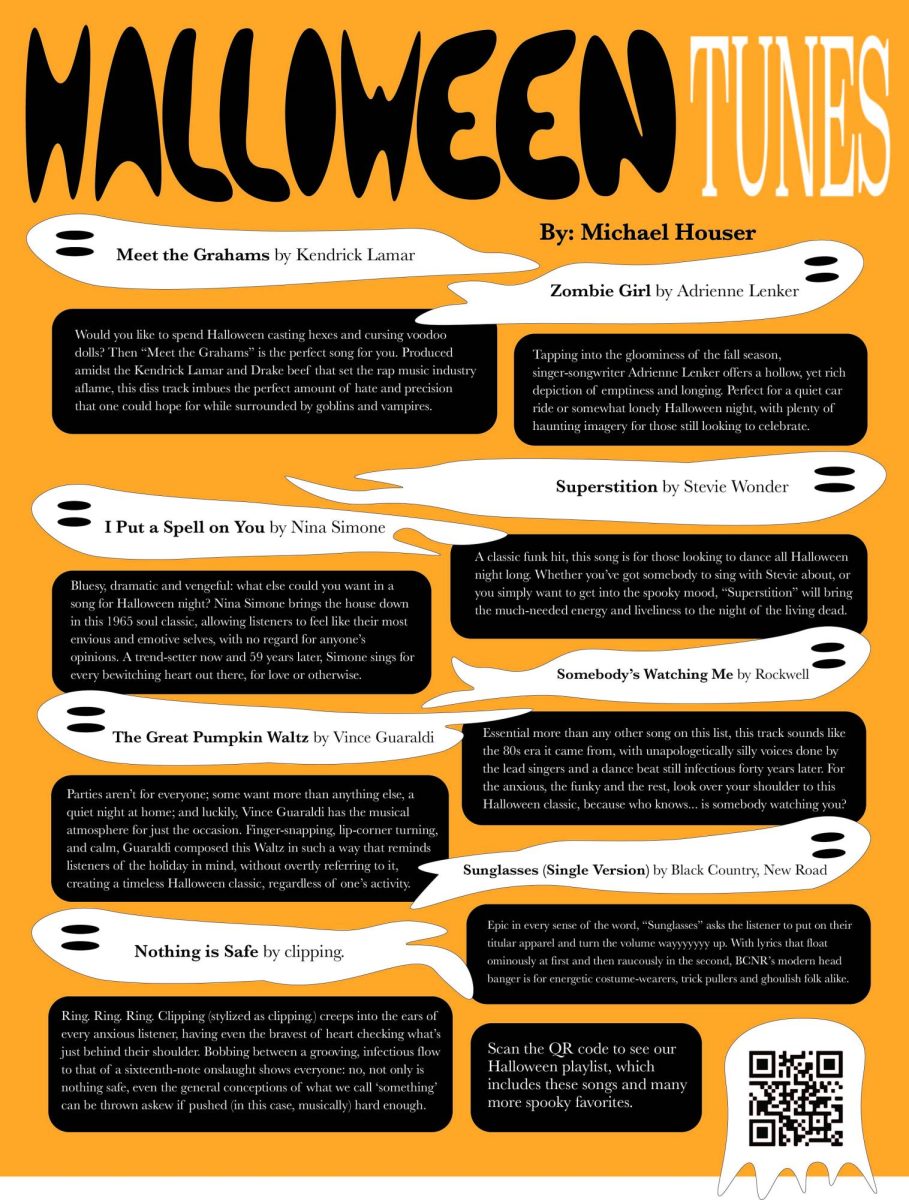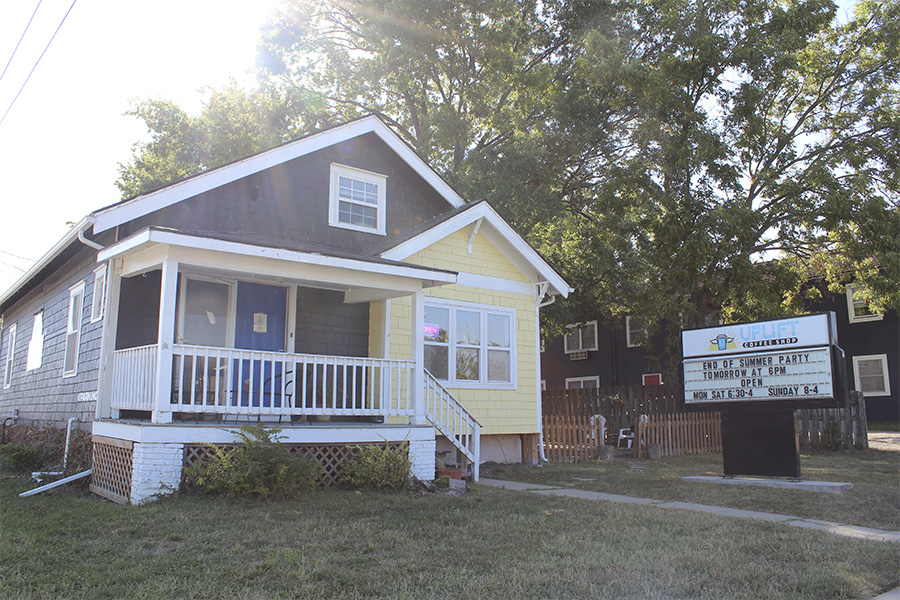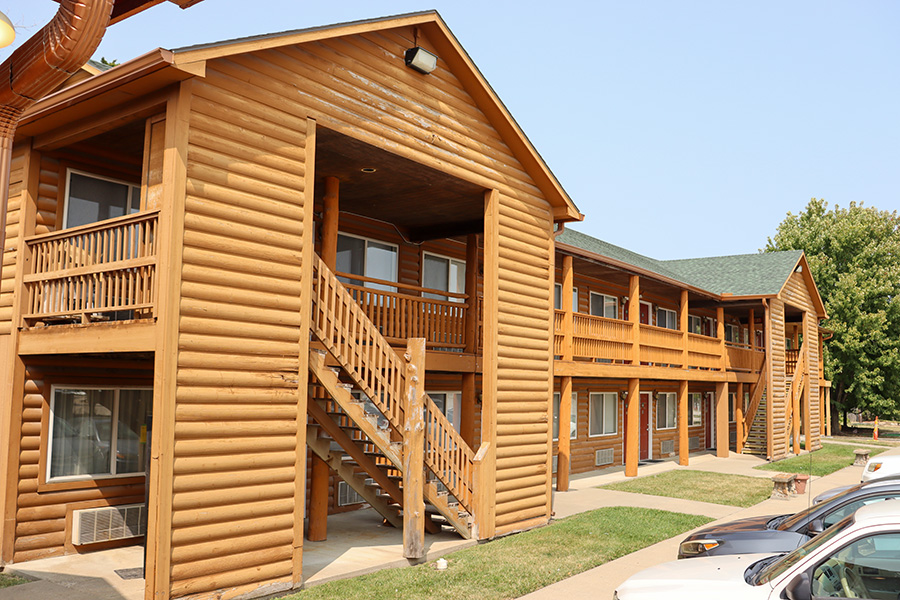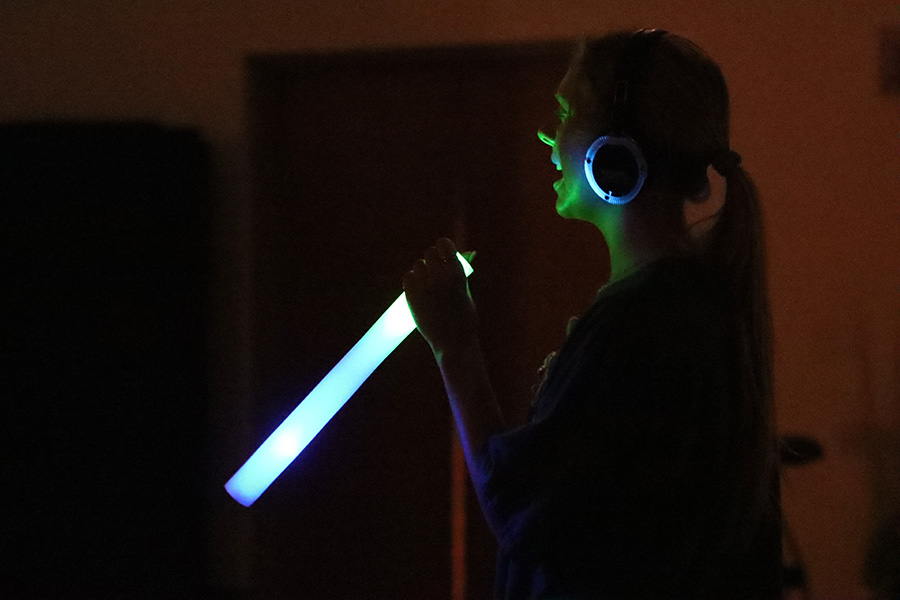Junior Ali Sherman is comfortable with her sexuality; she’s not afraid to talk openly about it. In fact, she often does.
“I’m open about it,” she said. “I don’t try to hide it.”
<a href="http://media.www.thebakerorange.com/media/storage/paper1028/news/2008/04/25/Features/Body-Beliefs-3348917.shtml"><strong>Tough Topics part 1: Body beliefs</strong></a> Tough Topics part 1: Body beliefs
<a href="http://media.www.thebakerorange.com/media/storage/paper1028/news/2008/05/02/News/Sadness.Afflicts.Students-3360907.shtml"><strong>Tough Topics part 2: Sadness afflicts students</strong></a> Tough Topics part 2: Sadness afflicts students
Sherman represents one population of Baker University students that are sexually active. The difference between students like Sherman – those who aren’t afraid to talk about sex, aren’t afraid to hide their sexuality and sexual activity – Assistant Professor of Psychology Wendi Born said, is that Sherman does not fear what others think.
“Most people don’t know how to talk about it,” Born said. “There’s no constructive way to talk about sex or normalize it.”
But Sherman, who said she’s not afraid of how other people view her, is not the only Baker University student who is sexually active.
“I know a lot of people who get around,” junior Jon Baldwin said.
Baldwin doesn’t look down on those individuals who have sex; rather, he wants them to be safe about it.
“It is interesting that so many people will just shack up with whoever the night brings them,” he said.
One problem Baldwin foresees is the issue of alcohol.
“When alcohol gets involved, they kind of throw all the education they have out the window,” he said. “When college comes around and people are introduced to alcohol, they just give in to temptation.”
Through her experiences, Sherman said she has also seen alcohol lead to poor decisions.
“Most people get drunk, and they will have sex,” she said. “There are too many people that I know and care about who have been date raped and the guys don’t even know it’s happening.”
Although alcohol can play a part in bad decisions, Born said other complications with sex could arise.
“I think one of the things that’s most important that can interfere with safety is that some lubricants absorb condoms,” she said. “I think that some people might not be aware that their lube might be dissolving.”
Other students, Born said, are simply choosing not to use condoms at all.
“I know several students who have been raped, or are pregnant or have (a sexually transmitted infection),” she said. “Most people don’t know that the most common symptom of an STI is no symptom at all.”
Sherman knows people at Baker who have STIs, but she’s not judging them. She simply wants Baker to provide a better means of safe sex for its students.
“I think Baker should provide name brand condoms,” she said. “And the health department should be allowed to provide birth control.”
The other part of the problem with sex on campus, Sherman said, is that people talk, spread rumors and pass judgment about people they don’t even know.
“It’s usually the guys on campus who are still virgins that are the most judgmental,” she said. “When other girls judge, the double standard is so strong. If it’s slutty, then it’s slutty.”
Born said rumors are a problem for people of all sexualities but prove most difficult for students who are not straight, for students who face the difficult decision of coming out in society.
“They are deciding if they are going to be out for their parents, for their friends, for the rest of the world,” Born said. “Once you’re out, you’re out for the rest of your life.”
Coming out at Baker is more difficult than people might think, Born said, but hiding who you are, hiding the person you are inside, is often more difficult still.
“Living a lie is really hard – not even being able to show who you are,” she said with empathy in her voice. “What if you couldn’t talk about it? What if you had a broken heart or if you fell in love or were sexually assaulted? It would be hard.”
Those who remain silent, those who leave the truth about their sexual orientation buried inside, face a difficult future, Born said.
“If you’re not heterosexual, you struggle no matter where you are,” she said. “It’s a big weight to carry all the time. And you never know if you tell your sorority sisters, if they’d reject you for it. A lot of students are really afraid to come out. You never know how that will be received.”
While some Baker students keep the details about their sexuality silent, other students like freshman Karly Young are open about it.
“I don’t think where you go should influence you,” she said. “If you have standards, you should keep them wherever you are.”
Young, a Baldwin High School graduate, said she chose to remain abstinent for personal and religious reasons.
“My older sister got pregnant right after high school,” she said. “I saw how that complicated her life. She wasn’t married.”
Because Young grew up in Baldwin and still has many friends who live here, she said it’s easier for her to remain abstinent at Baker.
“We’ll joke around about it and stuff,” she said. “I’m just like, they can choose to do what they want to do. I don’t want to force them to do anything.”
Regardless of sexual orientation or activity, Born said students should be informed about sexual safety.
“It’s my experience in getting to know people that at least 25 percent of the students I come into contact with have history of sexual abuse or assault,” she said. “Probably about half of them have really big issues related to their own sexuality that they struggle with.”
Baldwin also said students need to be aware of their safety in terms of sexual activity.
“It can really mess up your life if you contract an STD or get pregnant by accident,” he said.






